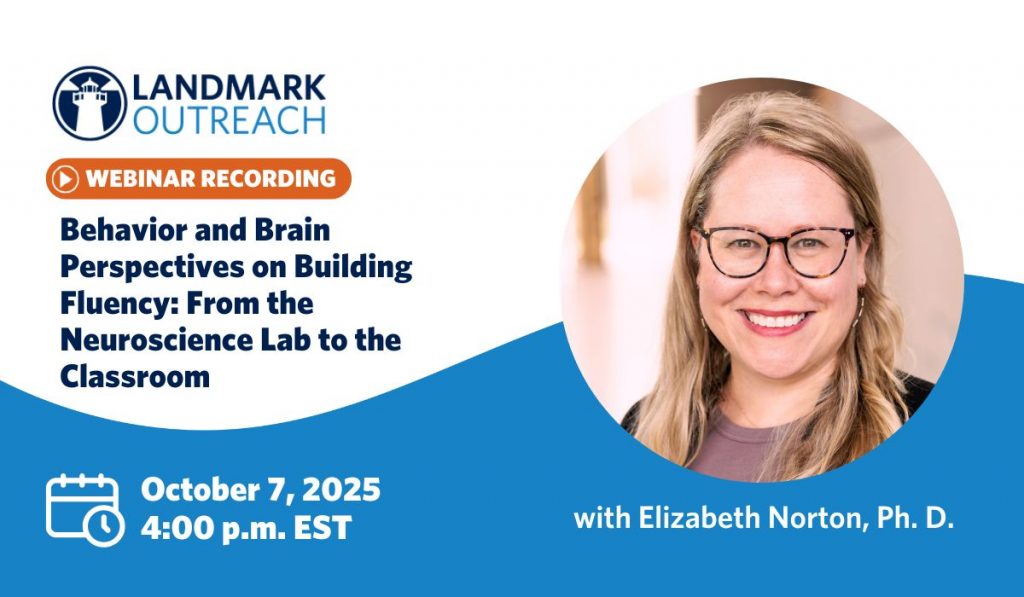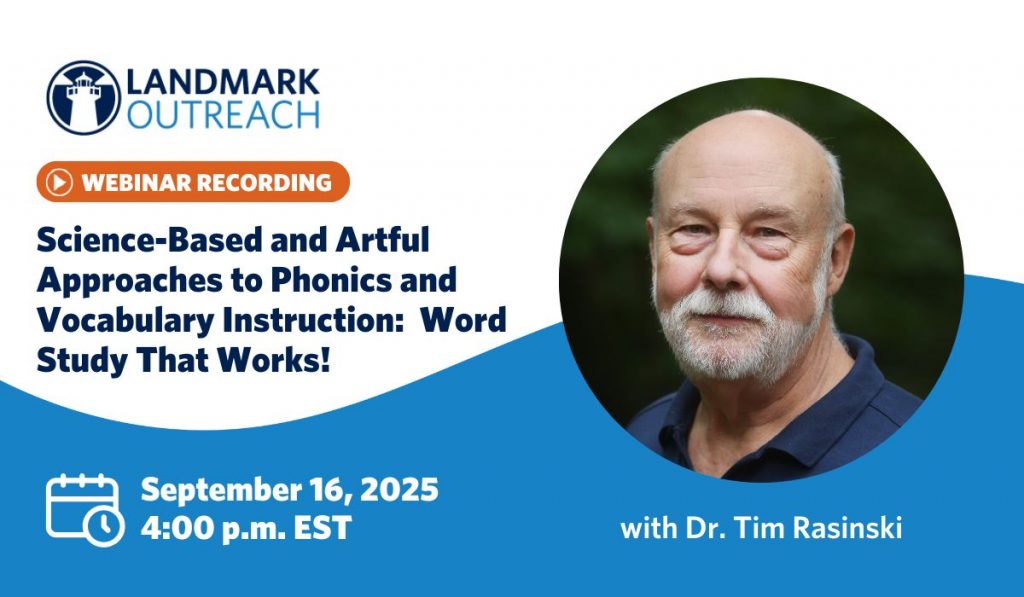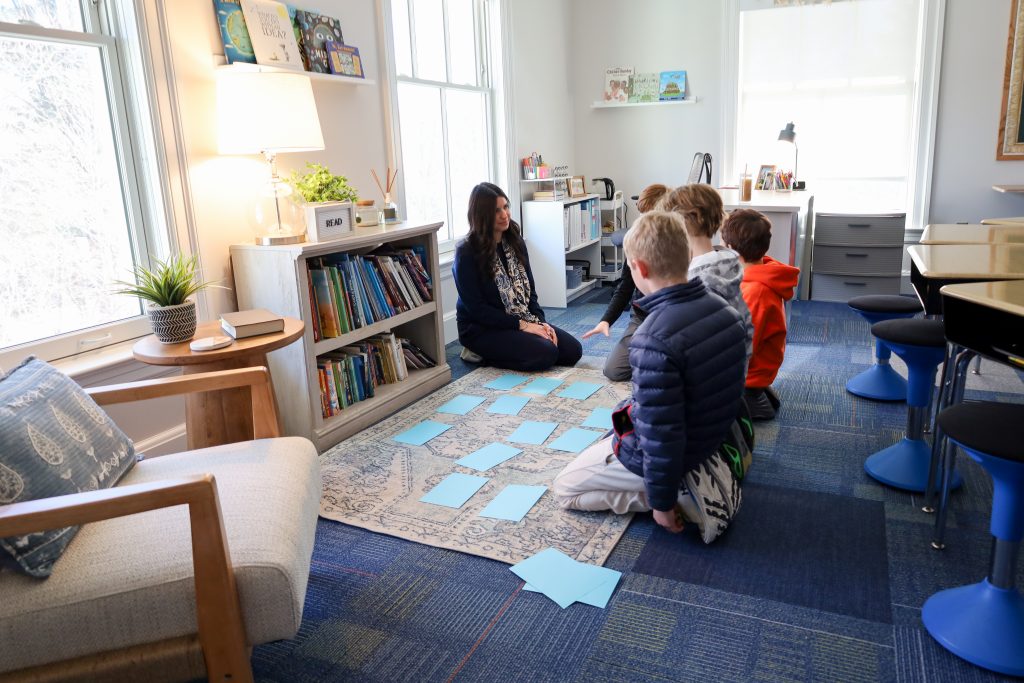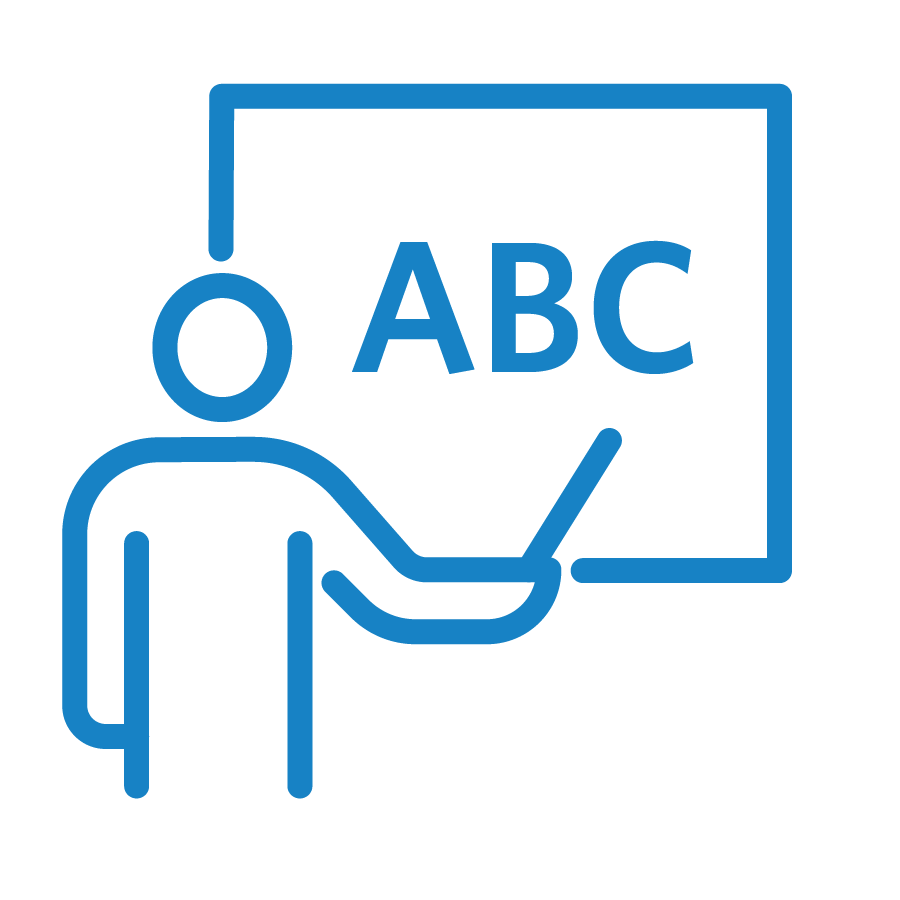Filter resources by:
Select a filter from the drop down menu to apply the filter. Page reloads upon selection

Dec 11, 2025
Must be logged in
Planning an Individualized Spelling Lesson | Webinar Recording
Join Dalya Umans as she explores how to plan and implement a spelling lesson for students with spelling weaknesses.
View Webinar
Nov 19, 2025
Must be logged in
Building Vocabulary and Background Knowledge to Support Reading Comprehension | Webinar Recording
Join Meghan Sebens as she explores practical ways to support student understanding at each stage, focusing on background knowledge and vocabulary.
View Webinar
Nov 18, 2025
Planning an Individualized Spelling Lesson
Spelling words can be challenging, and it can also be daunting to teach. As Linnea Ehri (2024) explains, “In English, there are alternative ways that sounds are spelled, and this variability makes it more difficult to produce perfect spellings of words” (p. 5). For example, there are multiple ways to spell the /ō/ sound, including
Read Blog
Nov 13, 2025
What are Study Skills?
Some students may develop study skills with little guidance, but most students require explicit instruction and continuous practice to engage their executive functions in order to effectively process, coordinate, and use the vast array of information they encounter each day. When students master how to implement effective study skills, their metacognitive skills improve, helping them
Read Strategy
Nov 4, 2025
Unpacking Reading Comprehension
Background Knowledge Just like the fully stocked backpack, a reader’s background knowledge and vocabulary serve as essential tools for understanding. Some students may enter the classroom with fewer of these tools, or with them in disarray. Our job as teachers is to help them fill and organize their backpacks for reading success. Background knowledge has
Read Blog
Oct 8, 2025
Must be logged in
Behavior and Brain Perspectives on Building Fluency: From the Neuroscience Lab to the Classroom | Webinar Recording
Join Elizabeth Norton as she shares perspectives on studying reading, especially fluency, from its earliest predictors and building blocks to its outcomes in the high school classroom and beyond.
View Webinar
Sep 29, 2025
Reading Fluency: What is it, and Why is it Hard to Change?
The definition that has shaped my view of reading fluency and much of my subsequent work comes largely from my PhD mentor, Dr. Maryanne Wolf. According to her, fluency (or “fluent comprehension”) is when each of the component parts of text reading (e.g., phonological, motoric, morphological, syntactic, orthographic processes), are not just accurate, but automatic,
Read Blog
Sep 17, 2025
Must be logged in
Science-Based and Artful Approaches to Phonics and Vocabulary Instruction: Word Study that Works! | Webinar Recording
Join Dr. Tim Rasinski to explore effective and engaging methods for helping students learn words and their meanings.
View Webinar
Aug 25, 2025
Let’s Make Word Study (Phonics, Spelling and Vocabulary) More Game-Like!
Have you ever noticed that as you play a game regularly, you tend to get better at the game? We have a special name for it when you become better at something – it’s called learning! Indeed, in an ASCD blog article (1.28.22), leading literacy scholar Nell Duke explores What Wordle Reminds Us About Effective
Read Blog